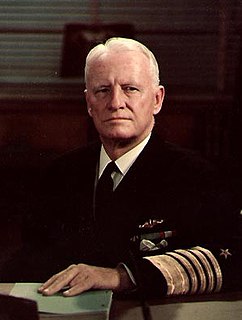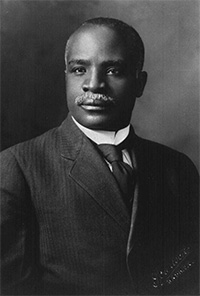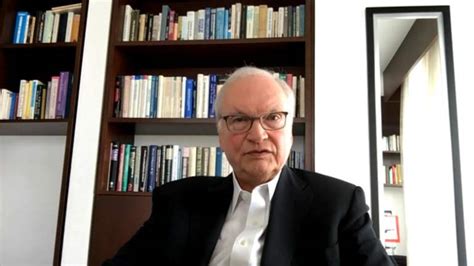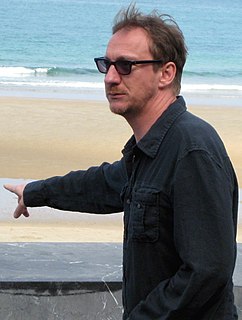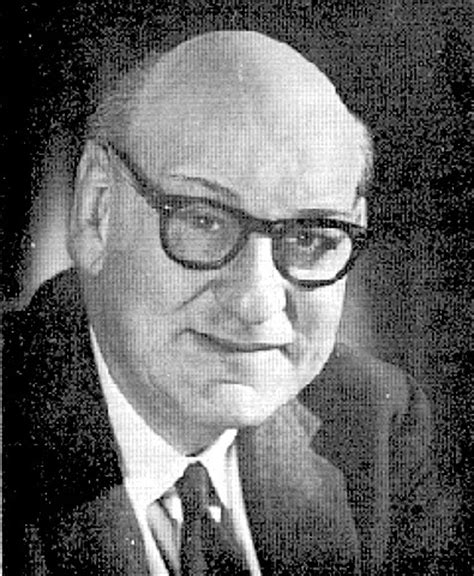A Quote by Chester W. Nimitz
Is the proposed operation likely to succeed? What might the consequences of failure? Is it in the realm of practicability in terms of material and supplies?
Related Quotes
If you have a patient in a doctor's office who's just been told they have terminal cancer but there's this operation they could perform right now that might save their lives. ... They have a 90 percent chance of surviving the operation — if you tell them that, they respond one way. If you tell them ... that they have a 10 percent chance of being killed by the operation, they are about three times less likely to have the operation.
[A] private property regime makes people responsible for their own actions in the realm of material goods. Such a system therefore ensures that people experience the consequences of their own acts. Property sets up fences, but it also surrounds us with mirrors, reflecting back upon us the consequences of our own behavior.
Quickly capping 363 oil well fires in a war zone is impossible. The fires would burn out of control until they put themselves out... The resulting soot might well stretch over all of South Asia... It could be carried around the world... [and] the consequences could be dire. Beneath such a pall sunlight would be dimmed, temperatures lowered and droughts more frequent. Spring and summer frosts may be expected... This endangerment of the food supplies... appears to be likely enough that it should affect the war plans.
I, sir, have always conceived - I believe those who proposed the constitution conceived,and it is still more fully known, and more material to observe, those who ratified the constitution conceived, that this is not an indefinite government deriving its powers from the general terms prefixed to the specified powers - but, a limited government tied down to the specified powers, which explain and define the general terms.
You could conceive spirituality as the study of the immeasurable, of the qualitative. But that's very different from the way we typically use the word. A spiritual person, in the popular conception, is somebody who's kind of aloof from the world, introspective, meditating, communing with non-material beings. That's the spiritual realm, and we elevate it above the material realm. What's more worthy, what's more admirable? Who's the one who has done this hard work on the self, and has done a lot of "practice"? That's the spiritual person.
